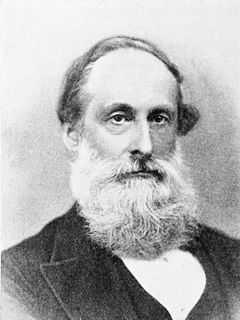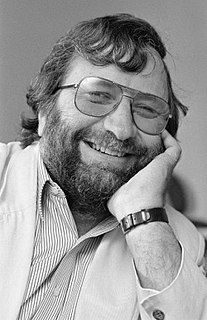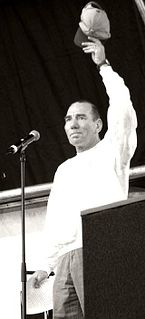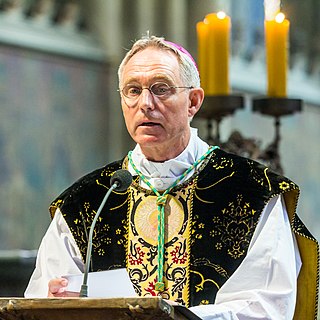A Quote by Robert Louis Stevenson
Extreme busyness is a symptom of deficient vitality, and a faculty for idleness implies a catholic appetite and a strong sense of personal identity.
Related Quotes
All over the world today people have a very strong desire to find a sense of identity, and at the same time that's coupled with the rise of absolutely absurd wars that relate to ethnic identity. Perhaps there is something deeply ingrained in people that relates to a sense of belonging, and without that, identity doesn't seem as real as it should.
A very common symptom in maniacal conditions is erotic excitement. This varies from mere coquetry, a somewhat extended application of the command "love one another", an undue attention to the opposite sex, and so forth, up to the extreme of salacity, when the mind is wholly occupied by the urgent sexual appetite, and all restraint is abandoned.
It seems to us that in intelligence there is a fundamental faculty, the alteration or the lack of which, is of the utmost importance for practical life. This faculty is judgment, otherwise called good sense, practical sense, initiative, the faculty of adapting one's self to circumstances. A person may be a moron or an imbecile if he is lacking in judgment; but with good judgment he can never be either. Indeed the rest of the intellectual faculties seem of little importance in comparison with judgment.
I'm a lapsed Quaker. I don't go to meetings any more. But I'm very drawn to Catholicism - all that glitter. I'd love to be a Catholic. I think it would be fantastic - faith, forgiveness, absolution, extreme unction - all these wonderful words. I don't think anyone who was ever born a Catholic hasn't died a Catholic, no matter how lapsed they are.





































